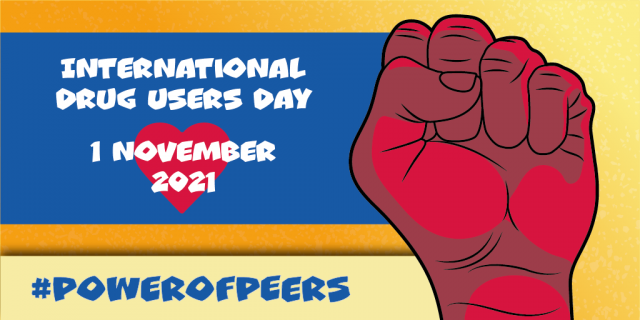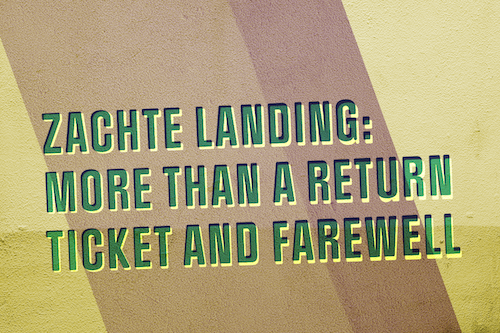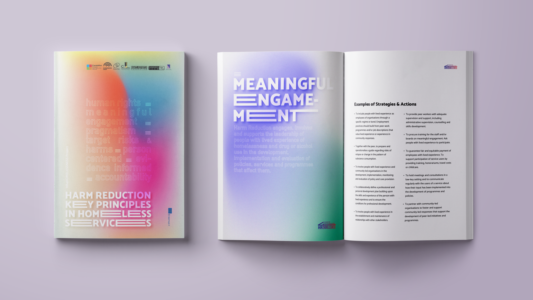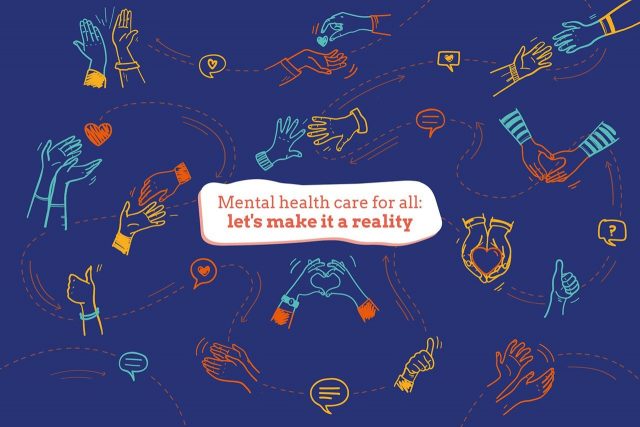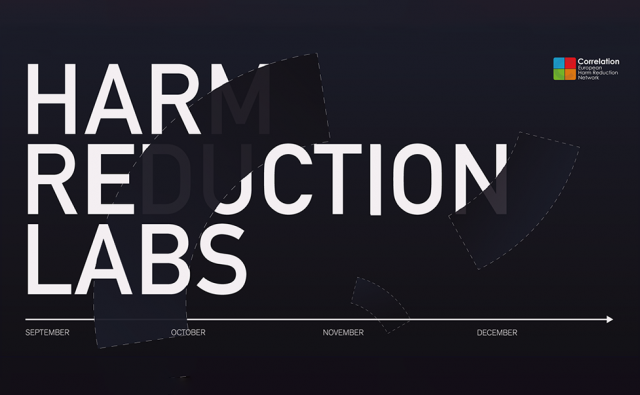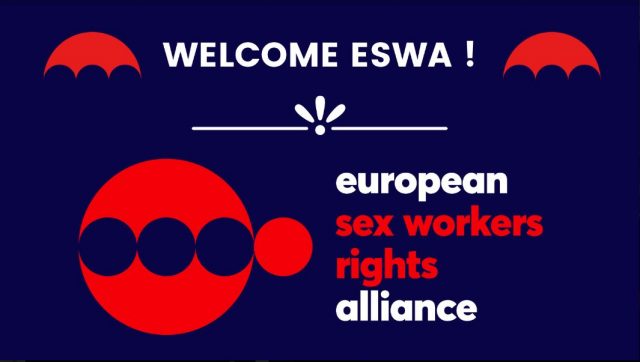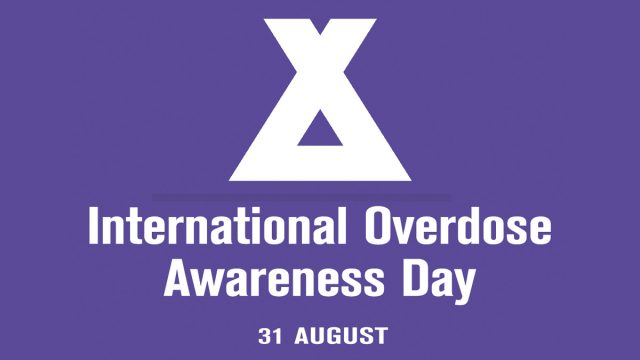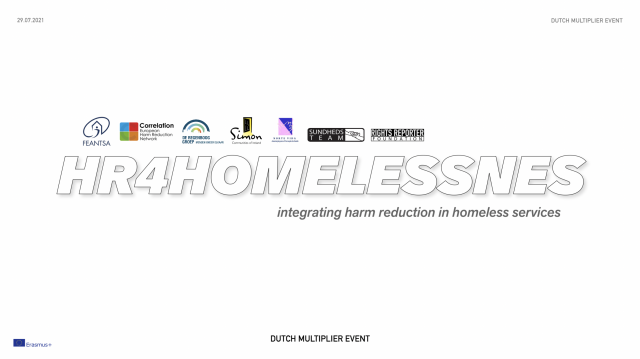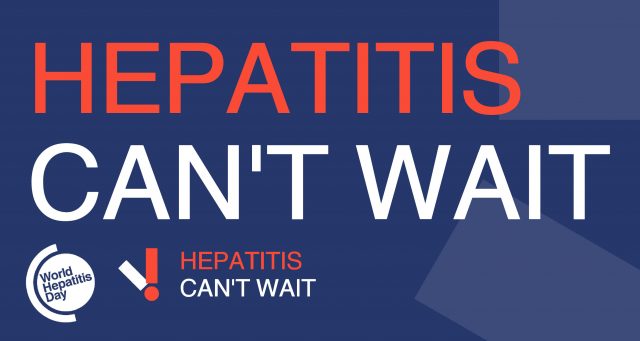Every year on 1st November, among many organisations, C-EHRN celebrates International Drug Users’ Day by showing solidarity within the harm reduction world, aiming to raise awareness about the importance of community-led harm reduction and peer involvement and advocate for the rights of people who use drugs.
Alongside other vital initiatives, this year, there are two campaigns to which we would like to draw your attention.
INPUD campaign: #PowerOfPeers
As Aditio Taslim, the INPUD Advocacy Officer, states, the COVID-19 pandemic has provided us with more proof that in times of crisis, the community responds first by extending solidarity and supporting each other through challenging times. Nevertheless, still, they are the ones that are under-funded, under-invested and excluded.
The #PowerOfPeers campaign messages boldly highlight:
- Overdose deaths’ prevention in communities through naloxone distribution and other direct actions.
- Successful advocacy for more direct funding for community-led harm reduction services.
- Drug policy reform, particularly in advocacy for decriminalisation.
- The development and production of IDUIT (Implementing Comprehensive HIV and HCV programmes with people who inject drugs) provide normative guidance to the Global Fund.
By joining the Campaign, you can help add bricks to the goal to end the War on Drugs with full decriminalisation of drugs with no sanctions.
Check here for the INPUD campaign toolkit to get inspired and, accordingly, to inspire others.
UNAIDS Call-to-action
On this very day, you can also answer the call by UNAIDS for action against the criminalisation of people who use drugs and for community-led harm reduction programmes. Their call aims to end inequalities and AIDS by fully involving communities of people who use drugs to achieve legal reform aimed at decriminalisation and in the organisation of harm reduction programmes at the country level.
Lastly, as you might be well aware, the 5th European Harm Reduction Conference will occur next week between 10-12 November in Prague. The programme includes extensive highlights which are co-organised by representatives of people who use drugs and peer-led networks.
Below are only a couple of the sessions that will touch the groundwork and offer plenty of discussions and knowledge exchange:
- Workshop 3 | C-EHRN & EuroNPUD: A starters kit for testing in the community by the community
- Satellite II | UNODC HIV/AIDS Section – HIV prevention, treatment and care among & with people who use stimulant drugs
- Plenary Opening Session | Drug policy and harm reduction embedded into the broader development of societies in Europe
- Major Session 1 | Drug policy decriminalisation
- Major Session 4 | Key issues during the pandemic: naloxone and overdoses
- Parallel Session 2 | Peer-led Harm Reduction
- Parallel Session 3 | Girls Power in HR2
- Parallel Session 7 | Supporting person-centred choice
- Parallel Session 8 | NPS and mental health
- Parallel Session 10 | Objects or Subjects?
- Major Session 5 | Peer work and research
Did you know that there will also be live-streaming sessions?
Check out their list and register here if your calendar can be shifted to open room for those you fancy following!

